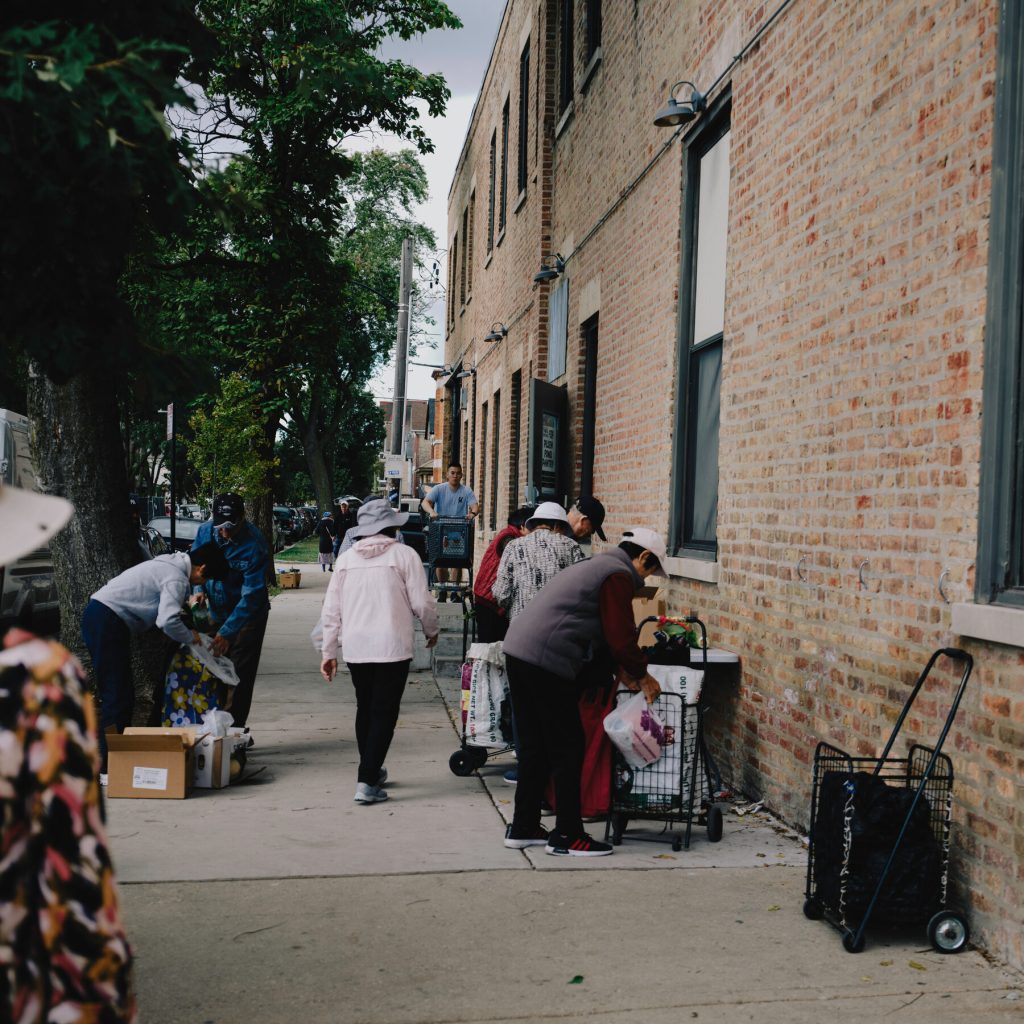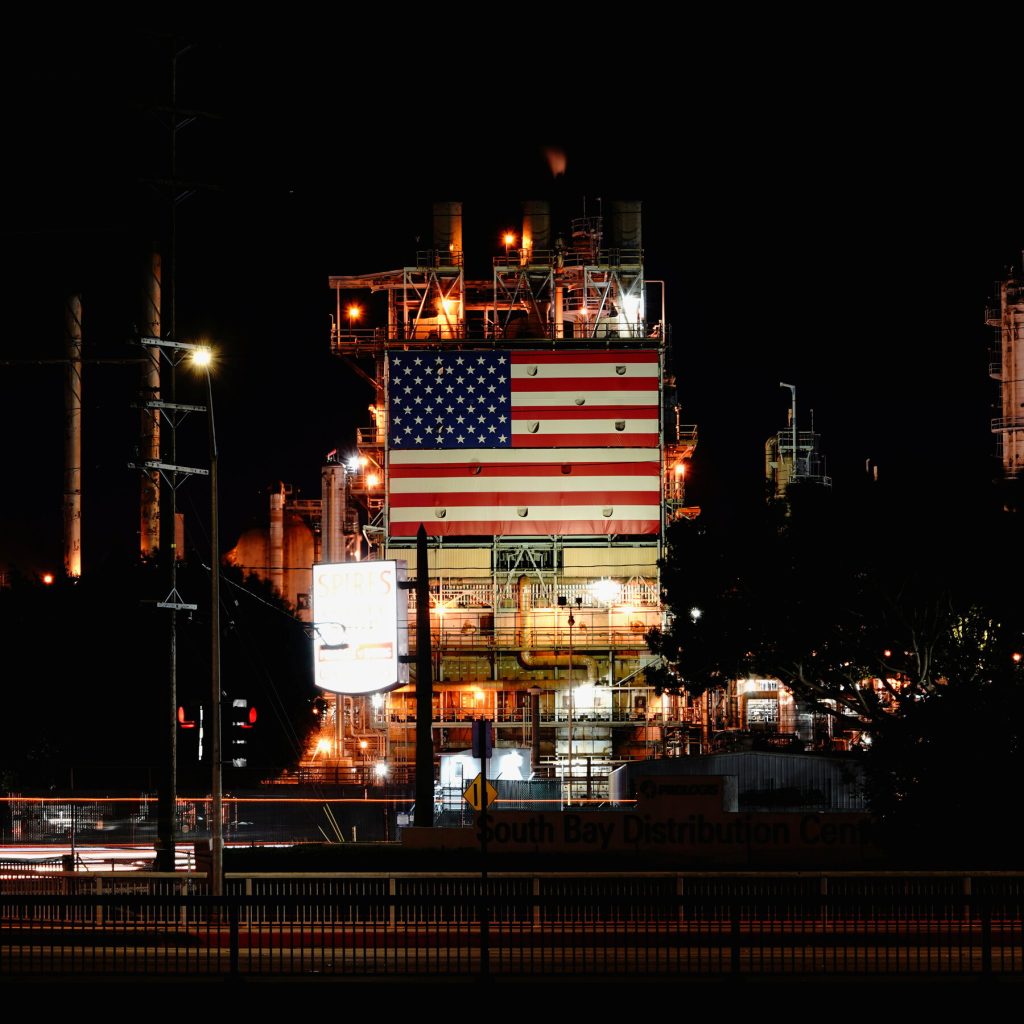Wealthy Americans Are Spending. People With Less Are Struggling.

The latest economic data paints a picture of a resilient American economy, but beneath the surface lies a more nuanced reality. While affluent individuals continue to spend freely, those with lower incomes are tightening their belts as they grapple with high prices and a softening labor market.
According to recent statistics, the top earners in the United States are driving a significant portion of the country’s economic growth. Their spending habits have helped to buoy the overall economy, masking underlying weaknesses. However, this trend also highlights a widening gap between the haves and have-nots.
As prices for everyday essentials like food, housing, and healthcare continue to rise, many Americans are finding it increasingly difficult to make ends meet. The labor market, which had been a source of strength in recent years, is showing signs of weakening. Job growth has slowed, and wages have not kept pace with inflation, leaving many individuals and families struggling to get by.
In contrast, wealthy Americans are continuing to splurge on luxury goods and services. High-end retailers, restaurants, and travel companies are all reporting strong sales, driven in large part by demand from affluent consumers. This dichotomy has significant implications for the overall economy, as it suggests that growth is becoming increasingly dependent on the spending habits of a relatively small segment of the population.
Economists warn that this trend is unsustainable and could ultimately lead to a more pronounced slowdown in economic growth. As the labor market continues to weaken and prices remain high, it is likely that lower-income Americans will be forced to pull back even further on their spending. This could have a ripple effect throughout the economy, potentially leading to a recession.
For now, however, the economy appears to be chugging along, thanks in large part to the spending power of wealthy Americans. But as the gap between the rich and the poor continues to grow, concerns are mounting about the long-term sustainability of this economic expansion.




